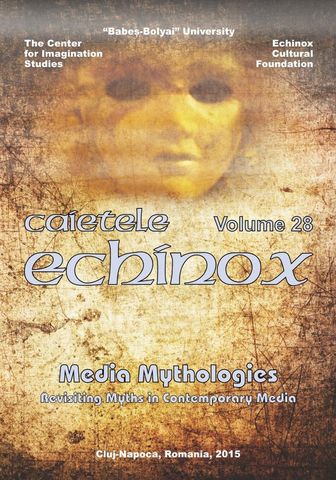The Monster’s Myth: From Ideology to Herta Müller’s Imaginary
The Monster’s Myth: From Ideology to Herta Müller’s Imaginary
Author(s): Dana BizuleanuSubject(s): Literary Texts
Published by: Universitatea Babeş-Bolyai
Keywords: Monster; Monstrous Space; Herta Müller; Trauma; Migration; Totalitarian Spaces.
Summary/Abstract: The myth of the monster has been constantly reformulated over centuries, especially due to causes leading to the emergence and perception of what is monstrous. Two paths are highly significant in this matter: the grasping of the monster within us and the “out there in the world” monster. Such delimitations offer, on the one hand, causes for experiencing and interpreting monstrosity, on the other hand we are dealing with the effacement of any reference to the past or a certain space that turn out to be causing, in the case of the migrant, a lack of coordinates defining identity. Herta Müller is a Nobel Prize laureate and writes about the monstrosity of the past century: totalitarian regimes. Western Europe reveals its fascination for monstrosity and, especially, monstrous spaces. Monsters and the monstrous space they inhabit bear a crucial characteristic: they move. As their return is barred, the public display and craving for the monster turn into an imaginary “going back” that draws the center into the margin. But instead of collapsing, the center redraws and reframes the understanding of totalitarian places. At this point monsters speak through a language fueled by the pressure of terror and decenter the understanding of liminality. This would be then called the monstrous image culture.
Journal: Caietele Echinox
- Issue Year: 2015
- Issue No: 28
- Page Range: 208-217
- Page Count: 10
- Language: English
- Content File-PDF

